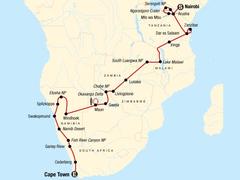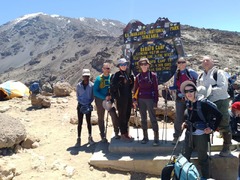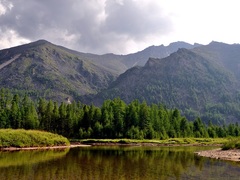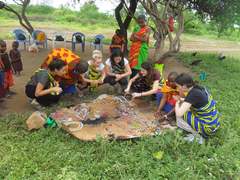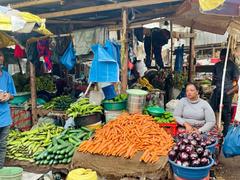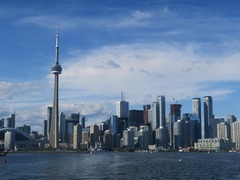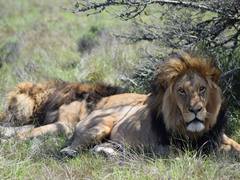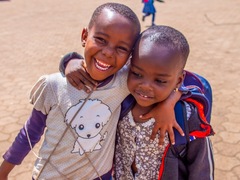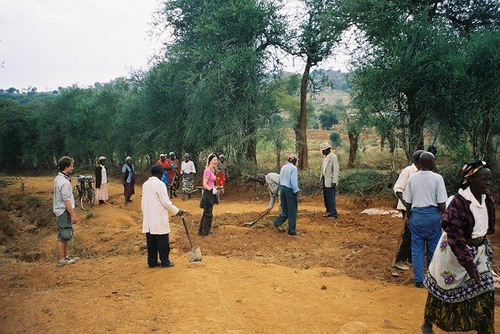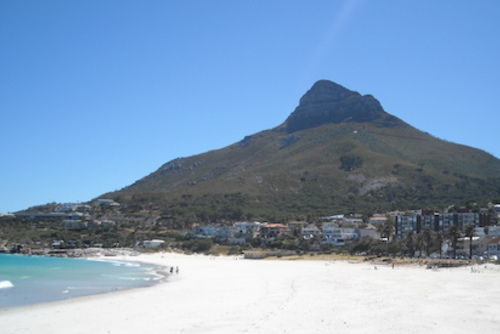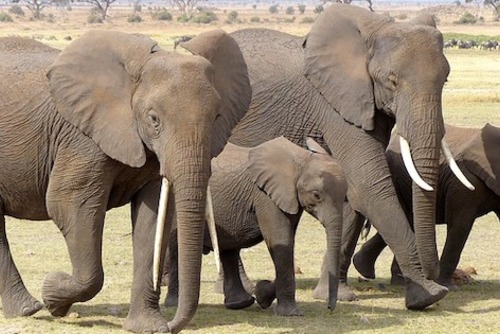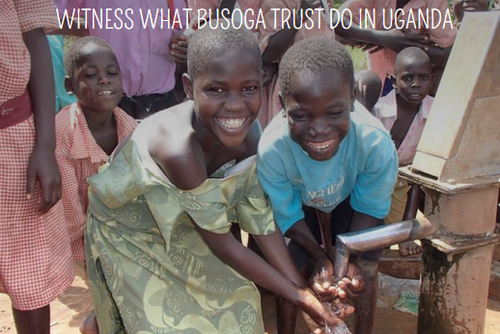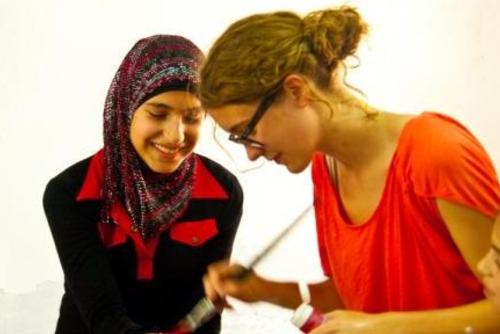Volunteering in Nairobi, Kisumu and Ndhiwa with First Aid - A Fantastic Experience
First Aid Africa is a non-profit organisation that has set up a number of volunteer projects in Africa to teach first aid, currently in Malawi, Tanzania and Kenya. Next year, the charity is hoping to expand and offer volunteering programs in Uganda.
Having done volunteering with the Red Cross, and after being inspired by stories about Africa, I chose to work with First Aid Africa. The inspiration has come from a wealth of stories from family members who were brought up in beautiful continent. My Grandfather was born and raised in Kenya and through work. My grandparents and my mother travelled across Africa. My grandmother was a nurse and helped to vaccinate populations in the Cholera outbreak stationed in Libya many years ago.
First Aid Africa made sense for me to embark on. I love preventative strategies, coming from a Public Health background a charity which hopes to improve the lives of rural communities through sustainable pre-hospital care/ first aid treatment while having the time to absorb Africa has to be a winner! The World Health Organisation has recently identified that, in Africa, there are more minor/major injuries than there are tuberculosis, Malaria and HIV put together. That is why I wanted to help First Aid Africa in particular. First aid education and equality in emergency care is one of the biggest public health issues facing the world today.
The first part of the journey involved a drive through the capital Nairobi. There is no mistaking it is a city with much “hussle and bussle”, nothing as exhilarating as what you would get travelling through Urban Cities in the UK/ It is a City with lots of traffic of people, streaming through roads with family, friends, baskets, selling and much more. Sitting in a bus watching all of this happening is memorising.
The majority of our time in Kenya was spent in the rural community, Ndhiwa, a good four hour drive from Kisumu. Ndhiwa is one of First Aid Africa’s main spots to target and intervene on pre-hospital care. The prime focus of First Aid Africa is to target individuals in rural communities, those who do not have the luxury of being close to hospitals or medical assistance if treatment of minor or major injuries was required. Everyone is more than aware of TV/media images of poverty and disease ridden rural communities, because this was my first time in Africa, there were moments before the trip that I was worried I would be upset if I saw things I wish could be better, but when the bus pulled up, I didn’t feel scared at all, if anything I felt a surge of overwhelming admiration to be in a close community.
Anyone who walks around Ndihwa will be impressed by the immense achievements of a community with little amenities. There is some transport available on motorbikes, a small, but good standard bread and breakfast, not majorly well put together buildings/shelter, but good enough that they continue to stand and serve their purpose. It is known that communities in African are often left out from participating in government policies, development and other important activities, resulting in falling behind in development compared to other more fortunate parts. Solitude and hard work is a complete way of life, two aspects of living that more communities need more of. In Ndihwa, it is impossible for the town to ever fail on beauty – you can enjoy the natural African scenery, trees, fields, sunsets and sunrises like you have never seen them before.
One of the main things that excited me about this particular project was the sustainable resources we teach with for first aid. Even being back in the UK, I believe that Sanitary towels are one of the most important inventions ever. We encouraged people to use them, instead of western bandages. Although we were giving out some first aid kits, they were of limited supply. The sole purpose of sanitary towels is to absorb blood, so there is no reason why they cannot be used to help treat blood related injuries. In Africa they are accessible, cheap and just as effective. According to research, the towels are ,in fact, more effective than first aid western bandages, which makes me wonder why we cannot use them for similar reasons in the UK.
Some of the resources, I feel, are things we can all use, even the Red Cross and St John’s Ambulance, or even hospitals! It is possible that we are spending too much money on fancy bandages when we have life necessities around us, which can work just as well or even better. Why can’t we use a jumper or a t-shirt to improvise a triangular bandage for an arm sling? Why can’t we treat burn related injuries with soda, if the burn has a plastic covering around it, if at that point in time we don’t have clean water, but a bottle of coke in our bags? I think we need to start looking on where we could make life easier for ourselves; it is not just about the money, but finding the things that are nearest to us in an emergency situation.
Everyone, especially the children, really enjoyed first aid, and I think that is because of the practical element that learning about it can bring. Education should be fun and interactive, with practical aspects that help to keep children motivated, and help them to learn better. First aid has to be supported by practical demonstrations, so we encouraged the children to volunteer in scenarios on the role of the first aider and what the first aider should do to treat an unconscious casualty, for example. I had a fantastic time, and I will continue to campaign and teach about this issue and others.

